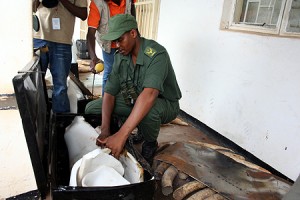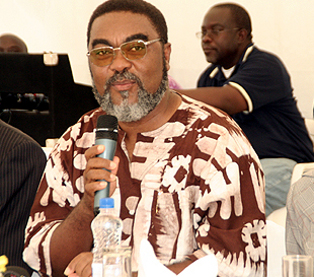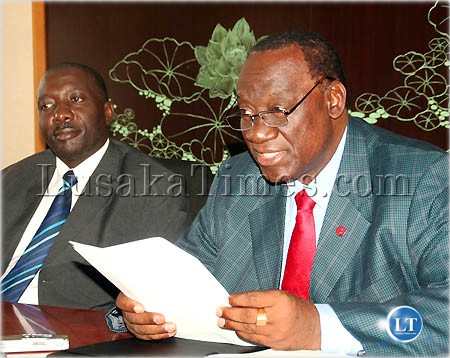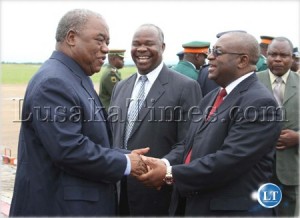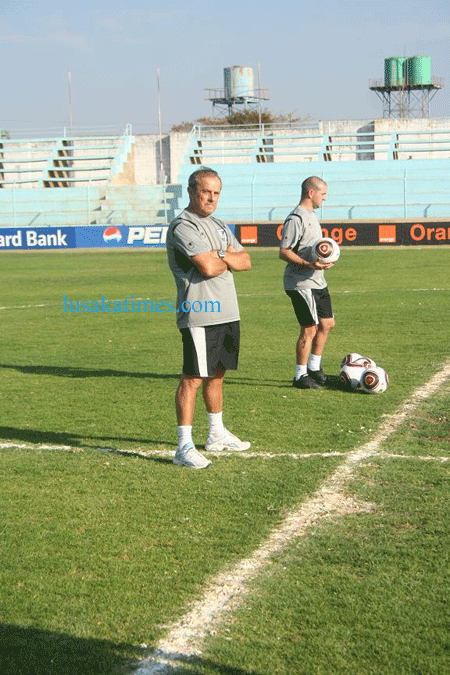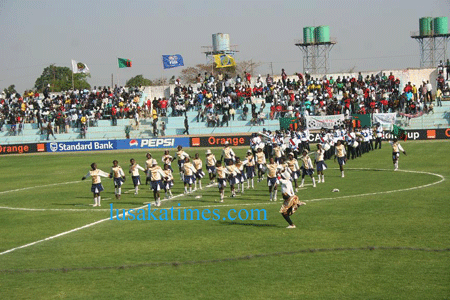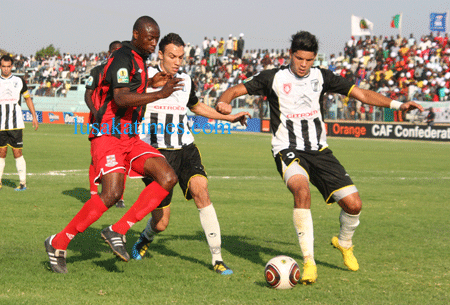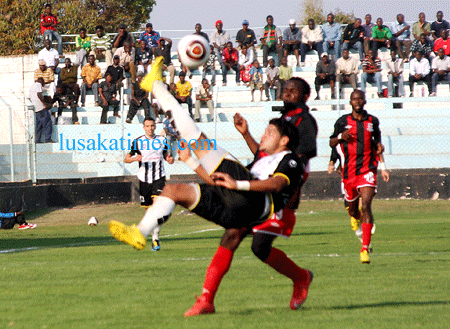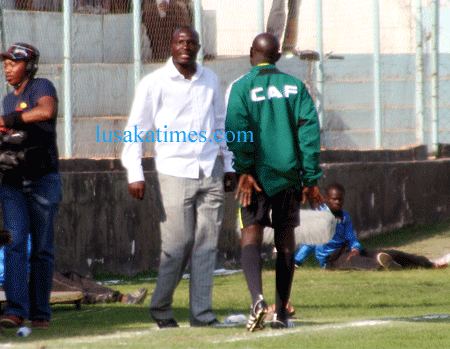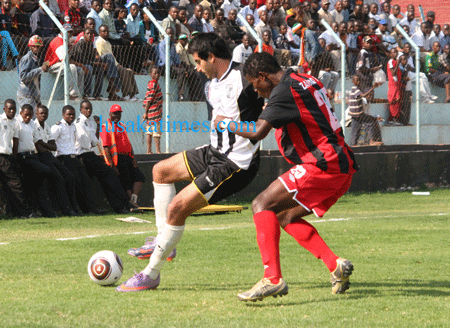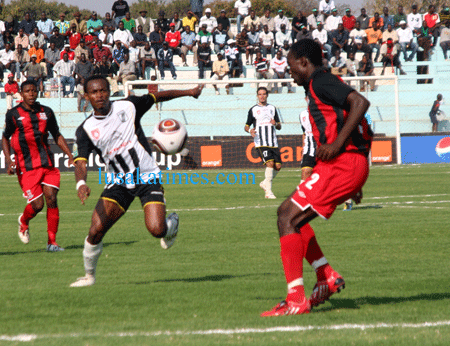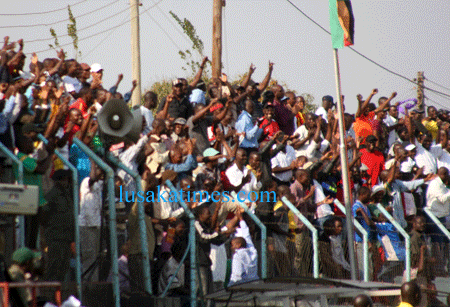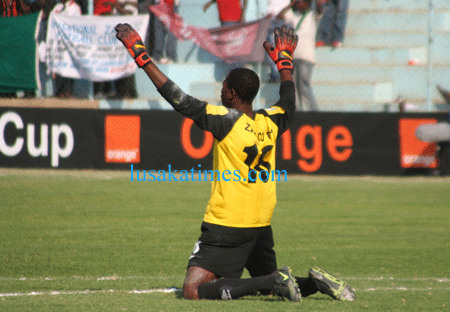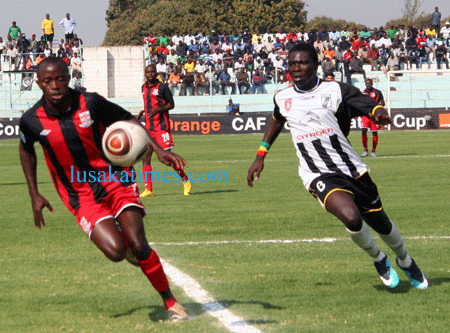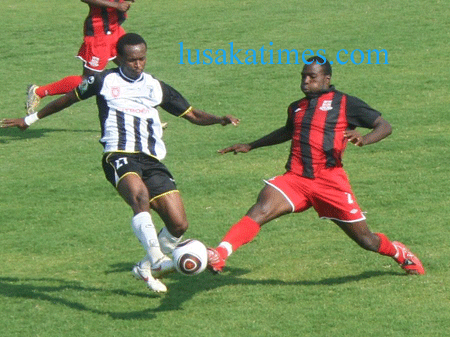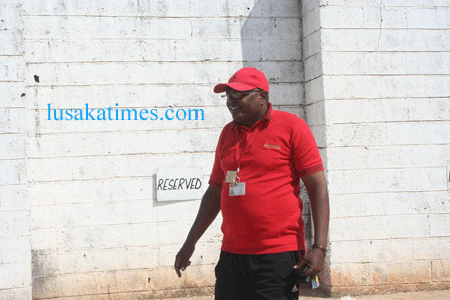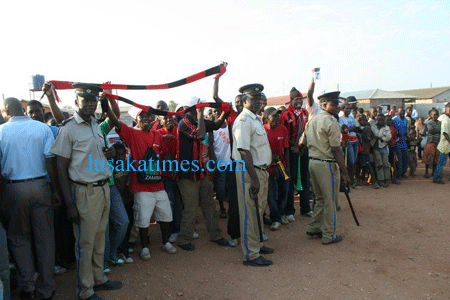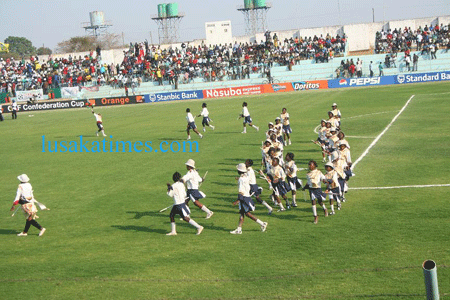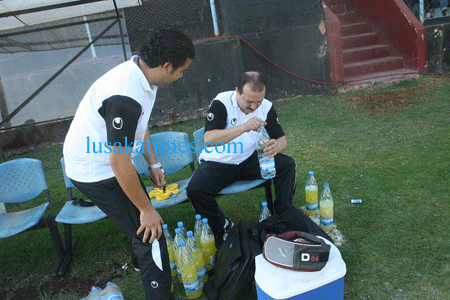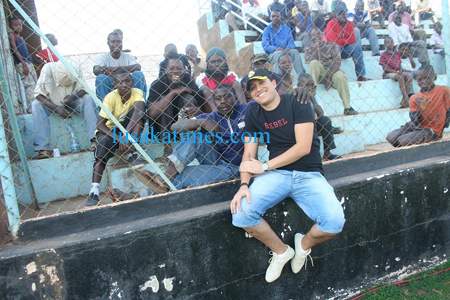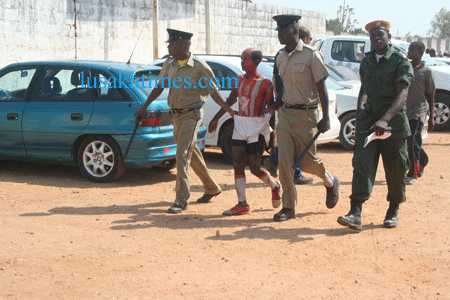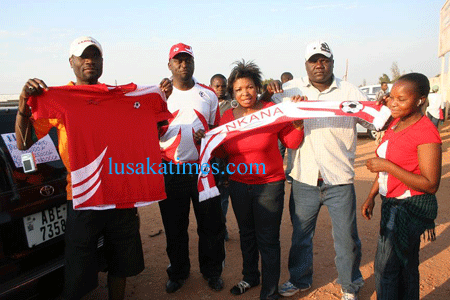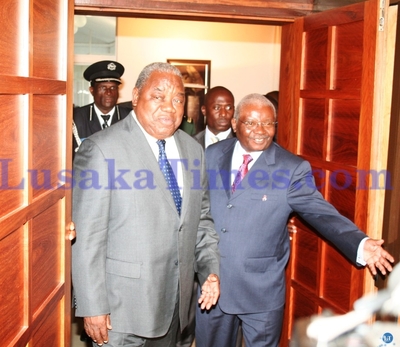
By Daimone Siulapwa
RECENTLY, a number of people including the clergy have been talking about the need for change of government in next year’s elections. And when they talk of change, they mean not just the President, but the ruling party as well.
The ruling party, the Movement for Multi-Party Democracy (MMD) will be in power for 20 years come 2011. For that reason, some people believe that change is necessary.
In fact, they go further to say change is good for democracy as it brings with it new ideas. Perhaps that is the case.
For now, lets us address ourselves to this need for change in next year’s general elections.
It is not the first time that people are calling for change of the country’s leadership since Zambia became a self-governing republic some 46 years ago. The most defining call for change was made in 1991 when then President Dr Kenneth Kaunda was forced, literally, to change the political system from a one-party state to multi-party.
So loud were the calls for change that during the 1991 elections, the opposition MMD led by Frederick Chiluba won by a landslide. Dr Kaunda, ever gracious, accepted the results, with the usual magnanimity.
A new era had begun, and with it, lots of hope, thanks to the many promises that the new government had made during their campaigns and calls for change of leadership. I was young then, about 25 years, my future looked bright and I was ready like all the youth of that time to hold the bull called life by its horns. Now am around 44 years, nothing much has changed, I am lucky am able to earn a living and be able to feed my family. What about my brothers and sister who had so much hope and have lost it?
I am very much interested more than ever to leave for my children and grandchildren what I didn’t get. In the moment of excitement, all citizens ignored to do the credibility check the leaders they voted in power in 1991. The results are there for you and me to see so clearly.
Now we have the best opportunity to change and make it better and we must do it wisely with a lot of caution.
But not s fast! Soon, there was realization, first within the party itself, that the change that was expected or promised to the people was not the one happening.
So, out were the likes of Akashambatwa Mbikusita-Lewanikaand his sister Inonge as well as Humphrey Mulemba, Baldwin Nkumbula and Emmanuel Kasonde among others. They formed the National Party (NP) which unfortunately was destroyed at birth because of in-fighting between Mulemba and Nkumbula and also between Aka and the rest.
Aka was one of the original architects of the Garden House meeting that led to the formation of the MMD. Always forthright in his views, he decried that the original Garden House agenda had not been followed by the MMD government since winning the elections. Few believed him or took him seriously. But his assessment was correct and he was right.
After this group, followed the likes of Dean Mung’omba and Boniface Kawimbe, who were fired after they held a press briefing at the airport before briefing President Chiluba at which they said donors were concerned with the corruption and drug dealing in government. They had just come back from a Paris Club meeting with donors.
Also out at around the same time was Levy Mwanawasa and Ludwig Sondashi, who said certain ministers, particularly Michael Sata was being protected from corruption allegations by the President.
At that stage, Kaunda was vindicated; he had warned Zambians that the MMD should not be trusted, for they had within their ranks people with shady characters and backgrounds. Despite those visible signs that things were not right with the MMD, they still got the second term albeit controversially.
Fast forward a few years later, there were differences again within the MMD, mostly to do with the third term. This saw a number of senior members of the MMD leave the party, mostly those who were against while those who were in support and at least did not show it remained.
Those who left included Brigadier General Godfrey Miyanda, Lieutenant General Christon Tembo, Edith Nawakwi and Vincent Malambo.
Among these to remain included Enoch Kavindele, Vernon Mwaanga and Michael Sata, who only left after he was over-looked for the Presidency, in favour of Levy Mwanawasa.
The rest as they say is history. But what is not history are the recent calls for change in the 2011 general elections.
With these lessons learnt, assuming something has been learnt, what kind of change do we really want?
As things stand now, we are talking about changing the MMD government which right now is led by Rupiah Banda, one of the few people to have resisted change in 1991 by remaining in UNIP until 2006 when Mwanawasa asked him to join the ruling party.
So, assuming that RB as President Banda is fondly called and his party, the MMD, are voted out, who comes-in next?
Right now, there are two possibilities, either Michael Sata’s Patriotic Front (PF) or Hakainde Hichilema’s United Party for National Development (UPND). Of these two, Sata looks to be in pole position as he enjoys more support than HH.
HH has always been plagued with disability from the beginning. He succeeded Anderson Mazoka, who through-out his tenure as UPND President, had to fight accusations of his party being tribal despite enjoying support in Lusaka, Western, Southern, Central and North-Western provinces.
Even more, when Mazoka died, there were calls within the party to have a Tonga succeed him. On that basis, HH beat Sakwiba Sikota, who naturally should have been the President of the UPND. In every sense of the word therefore, HH is tribal, and he has a huge task to prove otherwise. In the meantime he should not be considered for Plot One. He has the task of proving himself to be a nationalist. Age is on his side to do so.
That leaves with us with the ‘King Cobra’, Michael Sata.The PF President, just like HH and the UPND, have to prove that they are national parties and not regional. Currently, the PF enjoys wide support only in Luapula, Northern, Copperbelt and Lusaka provinces. But that is not Zambia, how about the Western, North-Western, Central and Southern provinces? For those that want change, you may argue that since we have two opposition parties enjoying supports on the two extreme ends of the country, then they should join hands in next year’s elections. In other words, they should join hands for the sole purpose of removing the MMD from government. The mistake made in 1991 when removing UNIP. See where we are now!
Pacts or alliances should not be made on such shaky grounds. They should be formed on ideological principles or manifestos. Elevating the poor living conditions of our people should be focus number one, not who becomes what and from what tribe.
The UPND manifesto is more on the right while that of the PF leans to the left. How do they intend to bridge these gaps when they form government? Those are the questions they should resolve now and not when in government. And just in case they find common-ground, who becomes President? In all likelihood it is Sata. But are we sure Sata is the change we want? Sata was among the last people to join MMD in 1991, and one suspects he only did so after realizing that UNIP was unlikely to win the elections. Again, Sata was among the last people to leave the MMD at the height of the third-term. He only did so after Chiluba sidelined him for the Presidency, and only because they had deep personal differences with Mwanawasa.
Again, in order to win the support of the PF in Luapula and the Northern provinces in the 2006 general elections, Sata promised to drop all corruption charges against Chiluba. After he fell out of favour with Chiluba and the former President switched his support to RB, he again changed positions regarding the corruption allegations facing Chiluba.
So, while I may agree with you that we need change, am still looking at what we really need to change. The two possible candidates for change do not inspire confidence at all, and they do not pass-out as Statesmen or nationalists capable of taking this poor nation forward. Maybe, you can assist me find someone.


